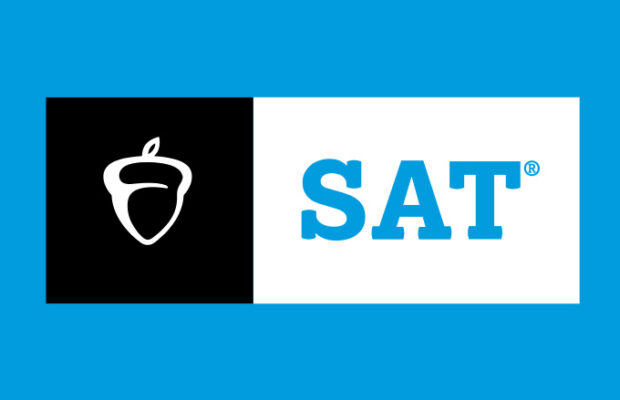Freedom Walk: Cedar Falls marchers join worldwide anti-trafficking effort

Dressed in black, yellow bandanas fastened to cover their mouths, thousands of people took millions of steps in a single file line down city streets on the morning of Saturday, Oct. 14. These steps were taken for human trafficking awareness in over 400 different places in 50 countries. All across the globe from Paris to Cedar Falls, thousands of people participated in the Walk for Freedom to bring awareness to human trafficking.
Rainy weather drove participants in Cedar Falls inside, but they still encountered the same message about human trafficking. According to the Polaris Human Trafficking Center, “Human trafficking is a form of modern slavery—a multibillion dollar criminal industry that denies freedom to 20.9 million people around the world.”
The clothing that participants wore had special meaning. The yellow bandanas tied across their mouths shows that they will take action for the victims who speak out about human trafficking. Three victim’s names were spotlighted and written on the yellow bandanas.
Eve, a 7-year-old girl from Thailand who experienced abuse and was trafficked at a young age; Amy, a 17-year-old American who was sex trafficked and abused by her husband early in life; and Ivan, a 35-year-old Ukrainian man who immigrated from his country for a better life, but then was caught in a human trafficking work scandal. These three names personalized what human trafficking signifies for all of the 20.9 million people who are involved with human trafficking in the world.
The Service and Leadership Council at the University of Northern Iowa (UNI) organized this event to bring awareness of human trafficking to the Cedar Valley. They partnered with A21, the international organization that organized the global event.
“We are a part of the UNI international justice mission, so we found out through them that A21 was a group to get involved with, so we found out that they were doing the nationwide walk and decided to be a part of that,” Veronica Greene, student at UNI and co-organizer for Walk for Freedom, said.
Greene, a UNI senior movement and exercise student, said identifying human trafficking in our own region is essential.
“Human trafficking is important to bring awareness to because it is so predominant and not a lot of people know about it. So, really educating people will be the first step to preventing it from happening. That’s why I am so passionate about it. It’s just to let people know that it is happening in our backyard and we can do something to stop it,” she said.
One of the speakers, Mike Ferjak, a human trafficking investigator, made it clear why human trafficking is an important issue because it starts at such a young age.
“The average case for human trafficking is 11 to 14 years old. Males start in the human trafficking rings even younger,” Ferjak said.
Ferjak, a law enforcement officer, investigates victims and has learned the ins and outs of human trafficking rings.
“You work all day and get sold all night. Everything you are and everything you had gets stolen when you’re human trafficked,” he said
The subjects of these crimes, who are often under the legal age of 18, are sometimes blamed as responsible for their conditions, when in fact, the trafficker is the one who should be arrested.
“The reason we have the disparity of views with human trafficking is because of the traffickers. The victim is usually the one arrested, which is wrong,” Ferjak said.
Teens Against Human Trafficking is one of the many nonprofit organizations that participated at the event.
“A pimp’s job is to dehumanize the victim,” Ruth I.E. Buckels, program coordinator for Teens Against Human Trafficking, said. “Nothing is immune in human trafficking no matter what shape, size, race or social status is. Your vulnerability can be made to hurt you by the pimp,” she said.
Buckels has worked with over 175 human trafficking survivors and has adopted seven survivors into her family.
“I go to schools and speak to kids about this topic because it needs to be brought to awareness. I have survivors in almost every school that I go to, and every time someone new writes me after and says, ‘Ruth, me too.’ I say, ‘OK. What is the next step to help you get out of this?’” Buckels said.
Buckels explained that she helps survivors of human trafficking rebuild their lives. “I have yet to meet a survivor that is good at only one thing. I find something they are good at and tell them to run with it,” she said.
Human trafficking happens all around the world, even in places where no one would expect it to happen. Recently, a case in Waterloo was in news headlines. A couple just pleaded guilty in U.S. District Court in a sex trafficking case. They brought two 16-year-old girls from Chicago and said they would take care of them, but ended up trafficking them as prostitutes.
There are other incidents around Iowa as well.
“I think human trafficking is actually something people don’t think is an issue anymore that is growing, especially in Iowa. For example, five minutes from my home in Des Moines, there was a human trafficking incident, and it is just crazy that can happen so close to me,” UNI sophomore social work student Becca McDowell said.
According to Buckels, the best way to end human trafficking is to be aware to one’s surroundings, even people who one may least expect.
“Believe in the person that talks to you if you see signs. Listen,” Buckels said.
If a situation of human trafficking is seen, call for help and give specific details to what is going on. “You all have humans in your world, pay attention to them,” she said.









You must be logged in to post a comment Login